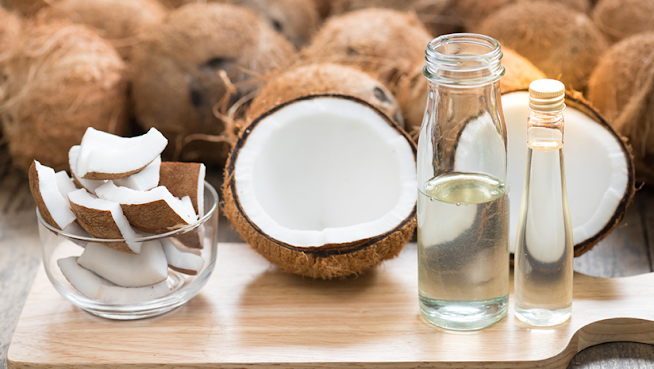Coconut Products: Flourishing Industry in the Middle East
 |
| Middle East Coconut Products |
The coconut has long been an important crop for many countries in the Middle East and South Asia. In recent decades, the coconut product industry has boomed across the region to meet growing demand and forge new export opportunities. Let's take a closer look at some of the key coconut products now dominating Middle Eastern markets.
Coconut Oil Production
One of the biggest success stories has been coconut oil. Many Middle Eastern nations such as the UAE, Saudi Arabia, and Oman now rank among the world's top coconut oil producers. Over 200,000 tons of coconut oil were produced across the region in 2020 alone, with much of it processed locally and exported globally. Several factors have driven this surge in coconut oil output.
Demand for healthy oils: Consumer desire for healthier edible oils low in saturated fat has supported coconut oil sales. It contains beneficial medium-chain fatty acids and has a high smoke point ideal for cooking.
Subsidies and investment: Recognizing coconut oil's potential, governments have provided subsidies and incentives for farmers and processors. Billions have been poured into expanding plantations, mills and refineries region-wide.
Value-added products: Coconut oil is used as an ingredient in many cosmetics, snacks and foods. Bakers, confectioners and restaurants utilize it for its versatility. Brands creating these value-added goods have supported stronger domestic coconut oil markets.
New export opportunities: As production capacity has grown, Middle Eastern nations can now export competitively priced coconut oil and meet international demand lacking geographical constraints. Exports of refined coconut oil have skyrocketed.
Coconut Water and Cream
Coconut water extracted from young Middle East Coconut Products has also surged in popularity due to its nutritional profile. Low in calories yet high in electrolytes like potassium, it enjoys strong demand as a sports and energy drink. Most coconut water sold regionally is now packaged aseptically in cartons or Tetra Paks enabling longer shelf life.
Many producers have also moved into cream of coconut, used as a thickening agent or mixed into drinks and desserts. Made by grinding coconut meat with water or milk, cream of coconut adds richness and tropical notes. It's a key ingredient in piña coladas and other tropical cocktails.
Dried Coconut Products
Dried coconut items represent another thriving segment. Desiccated or shredded coconut adds texture and nutrition to baked goods, granola bars, trail mixes and more. Production of desiccated coconut across the Gulf states, Egypt and Morocco exceeds 75,000 tons per year currently.
Extracts and powders: Coconut milk powder and coconut flour have gained ground as dairy and gluten-free alternatives. Used interchangeably with almond or cashew milk powder, coconut milk powder reconstitutes into a creamy milk for cooking and drinks. Coconut flour, made by dehydrating ground coconut meat, acts as a low-carb substitute for wheat flour in many baked goods.
Value-added snacks: From coconut chips and slices to candies and baked items containing coconut flakes or pieces, packaged snacks have found stable distribution across Middle Eastern supermarkets, airports and convenience stores. Export potential exists as well for these high-value items.
Future Outlook
With consistent annual growth projected, the coconut industry will further strengthen food security and economic standing across the Middle East in the years ahead. Ongoing investment, improved yields on existing plantations through innovation and expansion into new geographies point to rising coconut production capacity region-wide.
Get more insights on Middle East Coconut Products
Also read related article on Mexico In-Vitro Diagnostics Market

%20Treatment%20(1).jpg)

Comments
Post a Comment